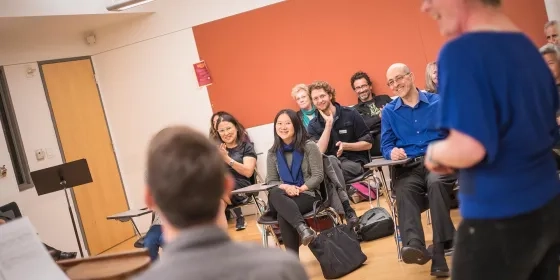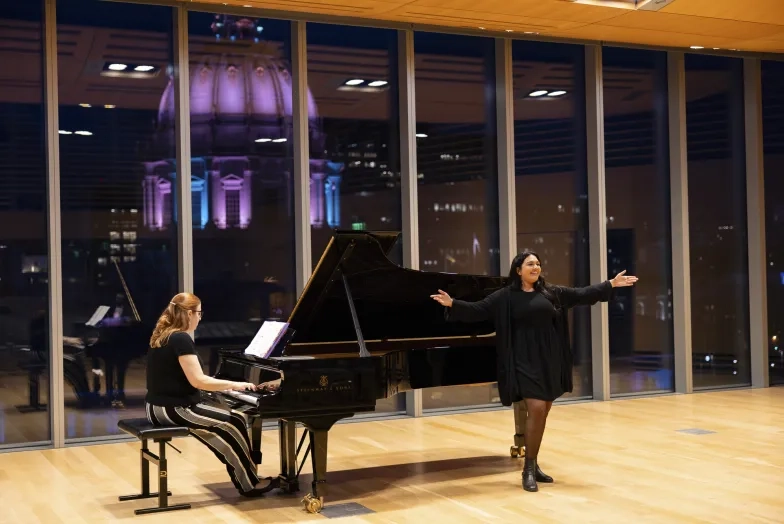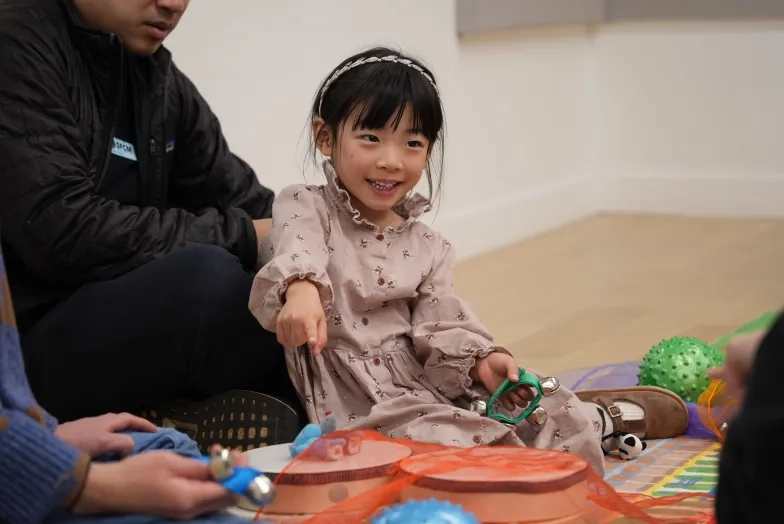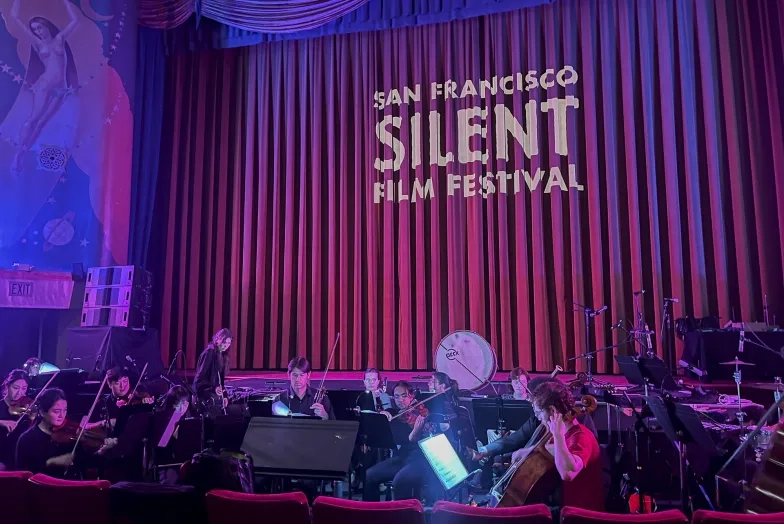In Conversation: Michael Roest on SFCM Continuing Education
Michael Roest, SFCM’s Associate Dean and Executive Director of Pre-College and Continuing Education, is at both ends of the spectrum. He oversees an elite curriculum for some of the most promising young musicians in California and convinces adult professionals to take up music as a supplement to their working lives.
Lately, SFCM Continuing Education has been broadening its reach, appealing to software engineers, neuropathologists—people from all careers and walks of life.
Roest sat down with us to go over the history of Continuing Education at SFCM and fill us in on what we can look forward to for the program in the future.
How did Continuing Education begin at SFCM?
Continuing Education at SFCM started in 1968 as the Adult Extension Division. It was back at “the old building” on Ortega Street, as many people reverently refer to it, when its mission to provide music instruction to amateur musicians in the Bay Area through private lessons, classes, and ensembles was founded. The division really took off in the late ’70s, around the time when it launched “Sing-It-Yourself Messiah,” an event that became a San Francisco holiday tradition in Davies Symphony Hall for 26 years. Through the ’80s and ’90s, there were up to 900 students taking classes at SFCM each year, and it was home to some really incredible programming, including “Learn It With Lou,” new music ensembles, and workshops on Wagner operas. Today, Continuing Education continues to play an important role in enriching San Francisco’s music scene and provides lifelong learning experiences for adults seeking personal enrichment, professional development, and community in music.
Who can take SFCM’s Continuing Education courses?
Anyone can take Continuing Education courses! Well, that’s not totally accurate—you have to be an adult who wants to learn more about music. Aside from that, the Continuing Education community is quite diverse. People come from all walks of life. We have had classrooms of doctors, CEOs, software engineers, amateur and professional musicians, and retirees young and old learning to sing together. It makes for an incredibly vibrant community, and I have witnessed the start of many great friendships as a result. Our students are motivated to take classes for many reasons. Some simply miss making music. They used to play in high school or college and want to get back into playing again. We have some who have always wanted to learn how to play an instrument and now have the time to do it. The great thing is that Continuing Education offers classes which meet you where you are in your musical studies and take you to the next level.
What does it mean to take music instruction at a conservatory?
It’s an opportunity to flex your creative muscles. SFCM is a premier provider of music instruction, not only in the Bay Area but also worldwide. Because of this, when a student enrolls in Continuing Education, they know that they will study with the highest caliber faculty and work in world-class facilities. Our students have the opportunity to perform on Continuing Education recitals which take place in our beautiful concert hall and come away with professional audio/video recordings of their performances. Perhaps the biggest benefit of all is that a student gets plugged into a community that is supportive, enthusiastic about music, and completely engaged. They make connections with great musicians and become tuned into all of the incredible free performances and master classes that take place at SFCM year round.
What Continuing Education classes are available?
We offer a variety of classes, ensembles, and workshops over the course of the year, in addition to private lessons in all orchestral instruments, guitar, voice, piano, and technology and applied composition (TAC). We have multiple sections of musicianship (music theory and ear training) for those who want to learn the language of music and deepen their understanding of harmony and form. We also have cello ensembles, a guitar orchestra, piano classes, and vocal performance workshops, which are all quite popular. Our classes really focus on taking students to the next level regardless of age or skill level.
How do busy professionals insert music instruction into their lives?
Continuing Education classes take place primarily in the evenings, so, for many students, they are able to finish work, grab a bite to eat, and jump right into studying music. Because our classes range from one-off workshops to multiple-week courses, people can generally find just the right class to fit their schedule. For those who want to study privately, we offer private lessons in lesson packages, giving the student the flexibility to take a number of lessons based on their availability. This is particularly helpful for those who simply cannot commit to weekly lessons. What I see is that students are incredibly inspired when at SFCM. It is a retreat from so many daily pressures and, quite frankly, is the very thing that adds balance to their lives. It is so important to have a creative outlet and many people find it here at SFCM.
What's on the horizon for Continuing Education at SFCM?
Quite a lot! We are expanding our programming in a number of ways over the next couple years. First, we are excited to launch a series of Continuing Education courses aimed at providing musicians with professional training and certification. We will leverage aspects of our current course offerings and cutting-edge technology and applied composition program to design certification courses for musicians seeking top-notch professional development. Second, we will also expand our footprint in the Bay Area by offering on-site music instruction at companies looking to build vibrant, creative, and collaborative workplace environments. Companies will be able to offer their employees the opportunity to conveniently work with SFCM’s world-class faculty through group classes, private lessons, and professional development workshops. Many are really trying to find ways to work their musical studies into their busy work life, and we look forward to making it more convenient for them to do so. Lastly, we will open the doors to the Bowes Center in the fall of 2020. In addition to being a dormitory for collegiate students, it will be home to two new performance venues, tricked-out rehearsal spaces and recording studios, and a great place to eat. Imagine pre-concert dinner lectures, trivia nights, and orchestra or rock band fantasy camps. We will have a great time building programming that really activates the new space and continues to connect with our partners in the Civic Center arts corridor.



